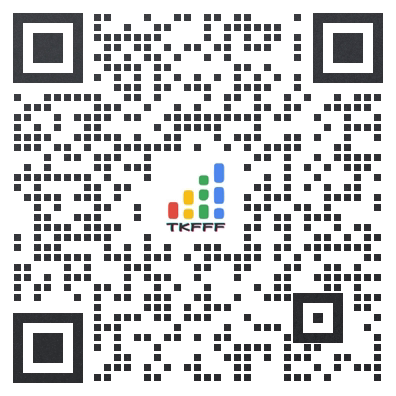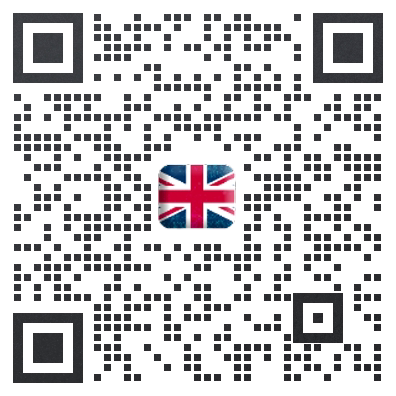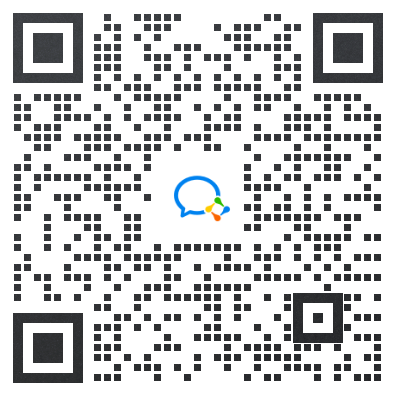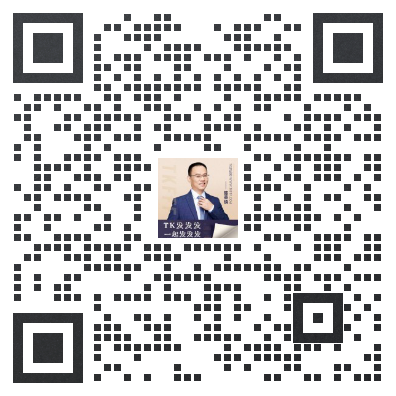I teach social media marketing. TikTok is the platform of choice for Gen Z and a valuable part of any brand’s social portfolio. Banning TikTok is idiotic if data privacy is the concern, because another social media company would simply sell that information to the Chinese government.
Is banning TikTok ‘idiotic’? Or would it ‘empower parents’? Readers weigh in.

TikTok’s office in Culver City, Calif. (Mike Blake/Reuters)
Post Opinions asked readers to tell us how they use TikTok, how their lives would change if the video-sharing app were banned and how much power government should have to regulate social media. This is what they told us.
We have effectively zero online privacy protections, and social media platforms are becoming more hostile to independent research; look at how much it costs to access X’s application programming interface. It’s an endemic problem across society, not one specific to TikTok.
No one would die if we “banned” TikTok, although content creators would be crushed, and we would lose some capital from that market. I would probably access TikTok through a virtual private network because I would be angry.
But it’s not the real problem. The real problem is that giant companies monetize and sell our data to everyone. The real problem is that misinformation cannot be controlled on the platforms. The real problem is that it takes a whistleblower to reveal how algorithms work to our aging legislators, many of whom wouldn’t know an algorithm if it bit them on the ankle.
The federal government should regulate social media on behalf of the public, which means increased transparency and privacy protection. If the government wants to work to make social media truly safer, lawmakers should talk to a wide range of researchers and public policy professionals and require social media companies to give these people the access they need to evaluate threats. Sinophobia can’t be the basis of these policies.
Elizabeth Marsh, North Miami, Fla.
Social media companies have far too much influence on our society, particularly on the young. My grandchildren are teens and preteens. Banning TikTok would empower parents to help them put down their phones and learn to engage more powerfully with in-person relationships. It would also protect young people from online predators.
If TikTok were banned, I would breathe a great sigh of relief.
Trudy Krisher, Columbus, Ohio
TikTok not only helps me pass time but also allows me to find books I might like, snippets to decide whether I want to read what someone has recommended and ratings from other reviewers. Thanks to TikTok, I just read 29 books in 60 days. Plus, who doesn’t love the animal videos?
I understand the need to protect us, but the government should also understand that we can protect ourselves. TikTok users are not as stupid as lawmakers seem to think we are. I am struggling to understand what they are even trying to protect us from. Banning something just because it is owned by a company from a different country? I thought we were better than this.
Alyssa Knight, Junction City, Kan.
Asking how much power the government should have to regulate social media is putting a hand on the scale. The federal government has long had a very strong role in regulating the electronic mass media. The Justice Department broke up the group of telephone companies nicknamed “Ma Bell” in the 1980s. The Federal Communications Commission dates to 1934. The federal government even stepped in to prevent Thomas Edison’s attempt to create a “movie trust” via patent controls in 1915. The old-school argument for this kind of regulation was that it was necessary and proper in no small part because “the airwaves belong to us,” and that’s true! Private rights to the electromagnetic spectrum in the United States are highly circumscribed and have been for a while.
John Anderson, Minneapolis
TikTok is my No. 1 source of education, news, entertainment and community, plain and simple. I barely watch TV or movies anymore. In addition, it gives me a platform to share personal information as well as provide some education and entertainment for others. I have been a therapist and seminar leader and am happy to contribute my knowledge and experience in areas such as women’s empowerment, relationships, aging and freedom from indoctrination. I am so grateful to have a place to share. For the first time in my life, I am interested in the news and what is going on in the world. In addition, I get to express fun and silly things and exhibit talents I might feel shy or awkward about in real life.
It appears that the government is attempting to limit our right to free speech by pretending this potential ban has something to do with security. No one buys it. People who are on social media know that our information is being shared by all the platforms we use. To me, banning TikTok feels less like a matter of safety and more like other app executives wanting to decrease competition in the context of a broader desire to inhibit information-sharing. If there were a way to stop all platforms from selling our information, now that would be good.
Barbara Yaffee, Paso Robles, Calif.
I am not opposed to social media regulation. Heavy-handed tactics such as mandatory divestment or a ban can’t be called regulation in the proper sense of the word, because they force a structural change at the company that will harm its ability to function. I work in tech, and I believe TikTok’s foreign ownership is what allows it to be more innovative, since U.S. companies tend to be filled with boring groupthink and dictums from management.
Instead of banning TikTok or forcing parent company ByteDance to sell it, Congress should consider the approach the European Union has taken with the Media Freedom Act and the Digital Markets Act, which are aimed at promoting competition and protecting journalists from censorship and harassment. In addition, algorithm transparency and mandating access to application programming interfaces would enable consumers to use third-party apps to browse major platforms the way they choose — and bring more benefits of competition to the marketplace.
Mark Jacobs, San Francisco
I have found TikTok to be a valuable source of political news. There are content creators from both parties, and I can hear both sides of a story. I like to follow creators who are part of the cosplay community. I’ve also found new music I like and new artists who interact with their followers.
I see attempts to regulate TikTok as a matter of control, not security. It’s a free-form platform that has wide appeal. Meta fails in that regard. And Twitter was destroyed when Elon Musk bought it.
If TikTok were banned, I would use a virtual private network or go on the dark web to keep accessing it. Government’s power to regulate social media should be severely limited. Any actions against a company should be considered a free-speech issue.
Alan Stanley, Anza, Calif.
I am a content creator. My following started to grow when I lived in Australia, and I moved to the United States to further my career and seize the opportunity that this country has always offered. I have a community of more than 390,000 people on TikTok. I have always had an interest in fashion and entertainment but no connections to these worlds through family. TikTok gave me a platform to pursue this career, a privilege I never thought I would have.
The loss of this platform would be a loss of not only money but also my outlet for my voice and expression, pursuits I thought were guaranteed in the United States. Under those circumstances, I would strongly consider leaving the United States. This is a slippery slope; where is the line when an app is considered a threat to national security? When it doesn’t fit within a member of government’s own political beliefs? Or when it doesn’t seek to pour money into the United States alone? When are authorities going to hold a mirror to U.S. companies responsible for and caught selling data? A TikTok ban would be the start of the end. I am a dual citizen and have moved on the basis of work before — and would consider doing so again if this ban is enacted.
It is important to regulate when there are threats evident. Child-safety measures are a great example of regulation of social media being necessary and reasonable, and I believe there should be more regulation. However, having watched hearings in Congress, I do not have faith that the decision-makers have a firm grasp on how TikTok works — or WiFi or the internet, for that matter. Lawmakers ought to have a baseline of general knowledge in order to make decisions about these things. After all, I wouldn’t trust a surgeon to operate on me if they couldn’t locate my leg.
Erika Dwyer, New York
TikTok plays a minimal role in my life, at best. I find streams of selfie videos almost as irritating as photo selfies. Now, get off my lawn!
If social media poses a national security question, the federal government should have power to regulate it. State and local governments should keep their noses out of it.
Robert Bitzan, Crystal, Minn.
Governments should have the power to ensure social media platforms are safe and responsible, focusing on protecting privacy, preventing misinformation and ensuring fairness in content moderation. However, regulations need to be balanced to avoid stifling free speech and innovation. It’s essential to find a middle ground that promotes user safety without compromising the fundamental values of openness and free expression that make social media valuable.
Javier Negrete, Los Angeles
文章来源:Washington Post
TKFFF公众号
扫码关注领【TK运营地图】

TKFFF合作,请扫码联系!






 闽公网安备35021102002035号
闽公网安备35021102002035号